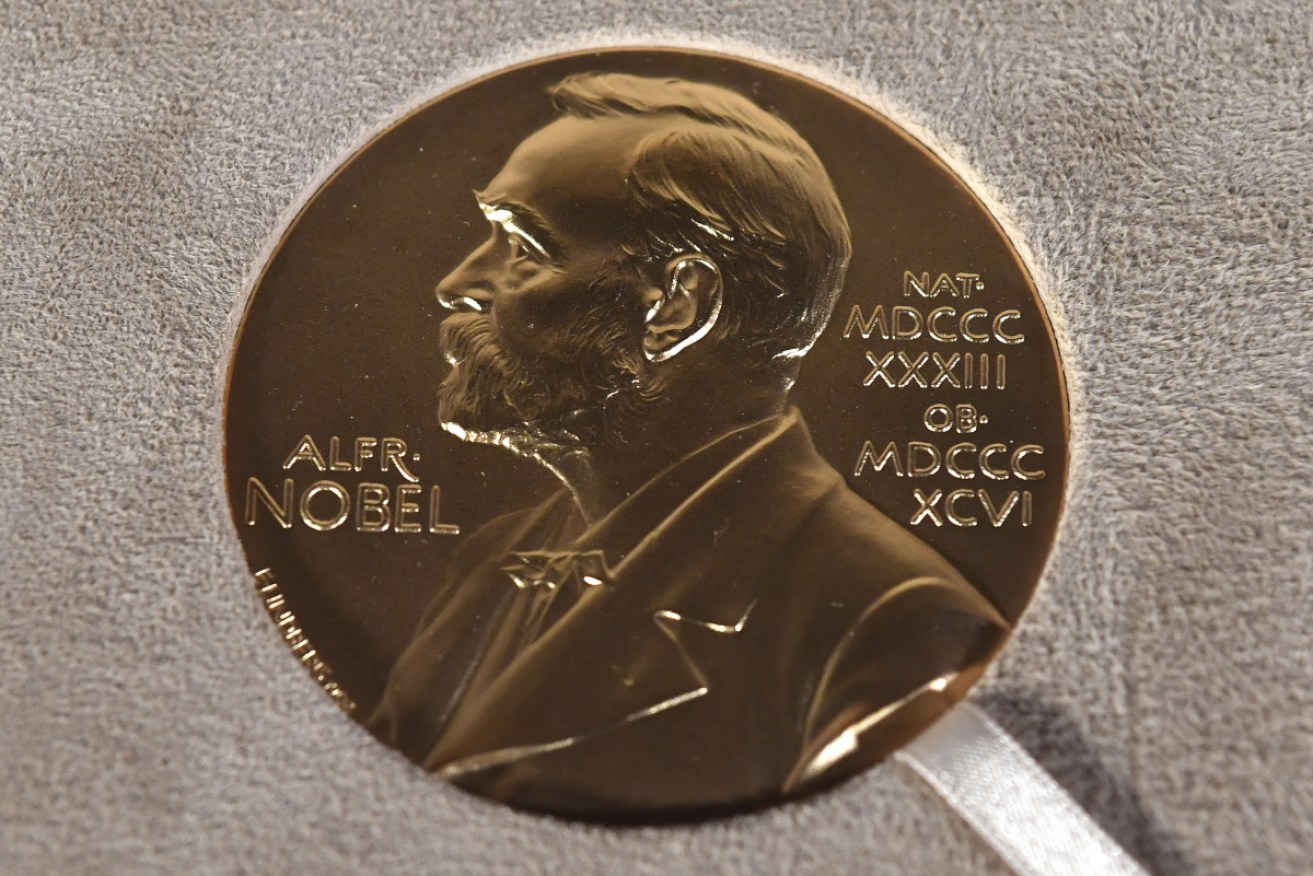Tanzanian writer Abdulrazak Gurnah wins Nobel prize for literature

Tanzanian writer Abdulrazak Gurnah has won the 2021 Nobel Prize in Literature. Photo: AAP
Tanzanian novelist Abdulrazak Gurnah, 72, has won the 2021 Nobel prize in literature “for his uncompromising and compassionate penetration of the effects of colonialism and the fate of the refugee,” the award-giving body says.
Based in Britain, Gurnah is the first African writer to win the award since the Zimbabwean Doris Lessing in 2007, and only the second writer of colour from sub-Saharan Africa, after Nigeria’s Wole Soyinka, who won in 1986.
His novels include Paradise, which is set in colonial East Africa during the First World War and was shortlisted for the Booker prize for fiction, and Desertion.
Gurnah left Africa as a refugee in the 1960s amid the persecution of citizens of Arab origin in Zanzibar where he grew up, when the peaceful liberation from British colonial rule led to a revolution.
He was able to return to Zanzibar only in 1984, allowing him to see his father shortly before his death.
BREAKING NEWS:
The 2021 #NobelPrize in Literature is awarded to the novelist Abdulrazak Gurnah “for his uncompromising and compassionate penetration of the effects of colonialism and the fate of the refugee in the gulf between cultures and continents.” pic.twitter.com/zw2LBQSJ4j— The Nobel Prize (@NobelPrize) October 7, 2021
The prize is awarded by the Swedish Academy and is worth 10 million Swedish crowns ($1.57 million).
The prizes, for achievements in science, literature and peace, were created through a bequest in the will of Swedish dynamite inventor and wealthy businessman Alfred Nobel.
They have been awarded since 1901, with the final prize in the line-up – economics – a later addition.
Past winners have primarily been novelists such as Ernest Hemingway, Gabriel Garcia Marquez and Toni Morrison, poets such as Pablo Neruda, Joseph Brodsky and Rabindranath Tagore, or playwrights such as Harold Pinter and Eugene O’Neill.
But writers have also won for bodies of work that include short fiction, history, essays, biography or journalism.
Abdulrazak Gurnah consciously breaks with convention, upending the colonial perspective to highlight that of the indigenous populations. Thus, his novel ‘Desertion’ (2005) about a love affair becomes a blunt contradiction to what he has called “the imperial romance”.#NobelPrize
— The Nobel Prize (@NobelPrize) October 7, 2021
Winston Churchill won for his memoirs, Bertrand Russell for his philosophy and Bob Dylan for his lyrics. Last year’s award was won by American poet Louise Gluck.
Beyond the prize money and prestige, the Nobel literature award generates a vast amount of attention for the winning author, often spurring book sales and introducing less well-known winners to a broader international public.








